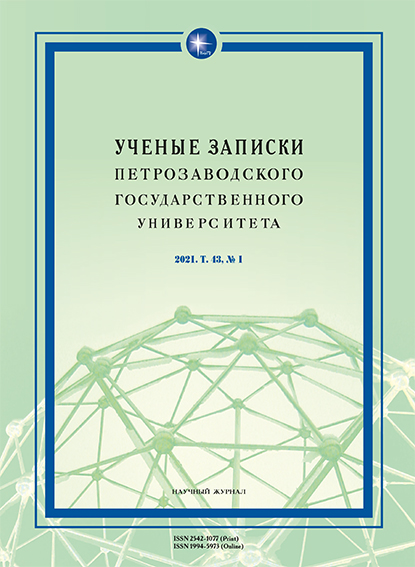ЯЗЫКОВАЯ ИГРА КАК СРЕДСТВО КОМИЧЕСКОГО В СОВРЕМЕННОМ МЕДИАДИСКУРСЕ
LANGUAGE GAME AS A COMIC MEANS IN MODERN MEDIA DISCOURSE
Author(s): Ekaterina Vladimirovna Vyrovtseva, Ekaterina Aleksandrovna ShcheglovaSubject(s): Media studies, Pragmatics, Theory of Communication
Published by: Петрозаводский государственный университет
Keywords: language game; irony; humor; satire; journalistic image; media text;
Summary/Abstract: The phenomenon of language game as a way to create a journalistic image – humorous, ironic, satirical –is considered a pressing issue as one the most popular and actively developing traditions in modern Russian media. The aesthetics of postmodernism aroused interest in irony – an effective way of assessing events, phenomena or facts of reality, and expressing the author’s position. In the situation of language inflation, multifunctional texts designed for co-creation based on language game are becoming increasingly attractive. Researchers define the “irony virus” as a characteristic feature of modern media texts, and the irony paradigm is constantly expanding: from mild humor to annihilating sarcasm and grotesque. Studying the works of authoritative and popular authors enables us to identify the features and patterns of the media language development. The article for the first time attempts to identify and systematize the functional types of language game as a way to create a comic effect. The authors analyze the works of famous journalists to identify language game techniques that are most actively used to create a humorous, ironic, satirical image: paronymy, pun, paradoxical metaphor, phraseological unit transformation, and stylistic contrast. The conclusions are drawn that language game as a deliberate violation of the norm manifests itself at different levels of the text –grammatical, lexical and semantic, syntactic, and stylistic ones, and that in headlines language game performs various functions, depending on the typological features of the publication and the author’s intentions. It’s obvious that publicists’ appeal to laughter as a simple and sharp form of criticism makes it possible to realize various communicative intentions:humor, satire, exposure, insult, and others.
Journal: Ученые записки Петрозаводского государственного университета
- Issue Year: 43/2021
- Issue No: 1
- Page Range: 31-40
- Page Count: 10
- Language: Russian

